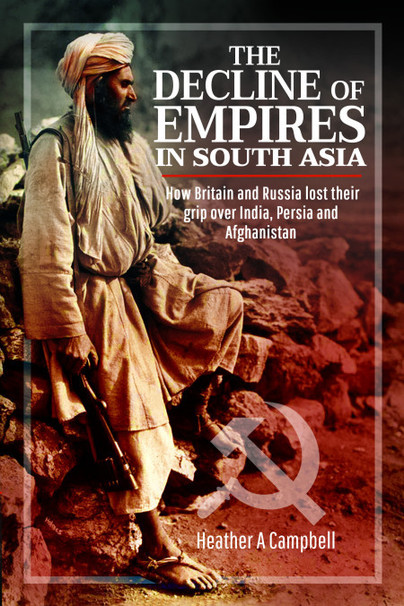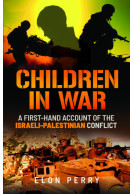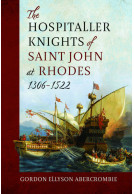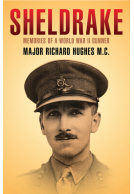The Decline of Empires in South Asia (Hardback)
How Britain and Russia lost their grip over India, Persia and Afghanistan
Imprint: Pen & Sword Military
Pages: 240
Illustrations: 8 black and white illustrations
ISBN: 9781526775801
Published: 1st April 2022
(click here for international delivery rates)
Need a currency converter? Check XE.com for live rates
| Other formats available - Buy the Hardback and get the eBook for £1.99! | Price |
|---|---|
| The Decline of Empires in South… eBook (10.8 MB) Add to Basket | £6.99 |
The post-First World War period was pivotal in global history, international relations and geopolitics. And no more than in South Asia. where for decades the 'Great Game' in geopolitical rivalry of the two greatest modern empires - Britain and Russia - had dominated international relations. But with the advent of Communism in Russia and growing nationalism and pan-Islamism in Afghanistan, Persia and India, Britian's imperial standing was under threat. Faced with these problems, some in the British government, such as Lord Curzon, the dominant imperialist in the British Foreign Office, fell back on what they knew - old patterns of rivalry and high-handedness that characterised the Great Game. Not all, however, agreed with Curzon, and with war in Afghanistan, civil unrest in India, and rising tensions in Persia, those who opposed this Great Game mindset advocated a new way forward for British foreign relations.
Review as featured in
Rose Llewelyn-Jones, Asian Affairs Journal
Highlight: 'Anyone interested in how the Middle East was reshaped after the Great War, the collisions between Bolshevism and Islam, and clashes between India and the Home government, will relish this book. Not surprisingly it has beenawarded the new British in India Book Prize of 2023.
The Decline of Empires marries its exhaustive research with excellent writing and as such will appeal to a wide array of people from specialist scholars through to general readers. It contains instructive lessons on great power politics and strategy that have clear contemporary relevance.
Journal of Military History
An account of the comparatively modern history of the post-WW1 world, throwing light on some of the modern conflicts such as in Afghanistan and Iraq.
Books Monthly
This meticulously researched book goes to extraordinary lengths to unpick the
Phil Curme
machinations of key players at the time. Curzon had served as Viceroy of India at
the turn of the century and by the time he was appointed Secretary of State for
Foreign Affairs in 1920, there was a general contemporary perception that his
views of South Asian affairs were inviolate.
Read the full review here
A handsome, well produced volume, as usual with Pen & Sword, and worth reading by anyone interested in Britain’s Indian Empire. It is packed with information despite its narrow scope; the chosen years are well covered.
ARRSE (Army Rumour Service)
Read the full review here
As featured in
Financial Times
About Heather A Campbell
Heather Campbell is an historian and political scientist specialising in British and Russian imperial history, the First World War, British policy in India, Afghanistan and Persia (later Iran), and Imperial and Soviet Russia. She has worked extensively on Lord Curzon, ex-Viceroy of India and British Foreign Secretary and principal promoter of the 'Great Game' mindset and policy in South Asia. After her BA in History at the University of Aberdeen, and Diploma in the Russian language at the University of Glasgow, she obtained her MA and completed her PhD on 'Bolshevism, Islamism and Nationalism: Britain's Problems in South Asia' at Queen Mary University of London. She has taught at the School of History at QMUL, lectured on the Third Anglo-Afghan War (1919) at the Royal United Services Institute (RUSI) and contributed an impressive article, 'Facing the Wasps' Nest: on the Third Afghan War of 1919 and Afghanistan's Independence in History Today.














